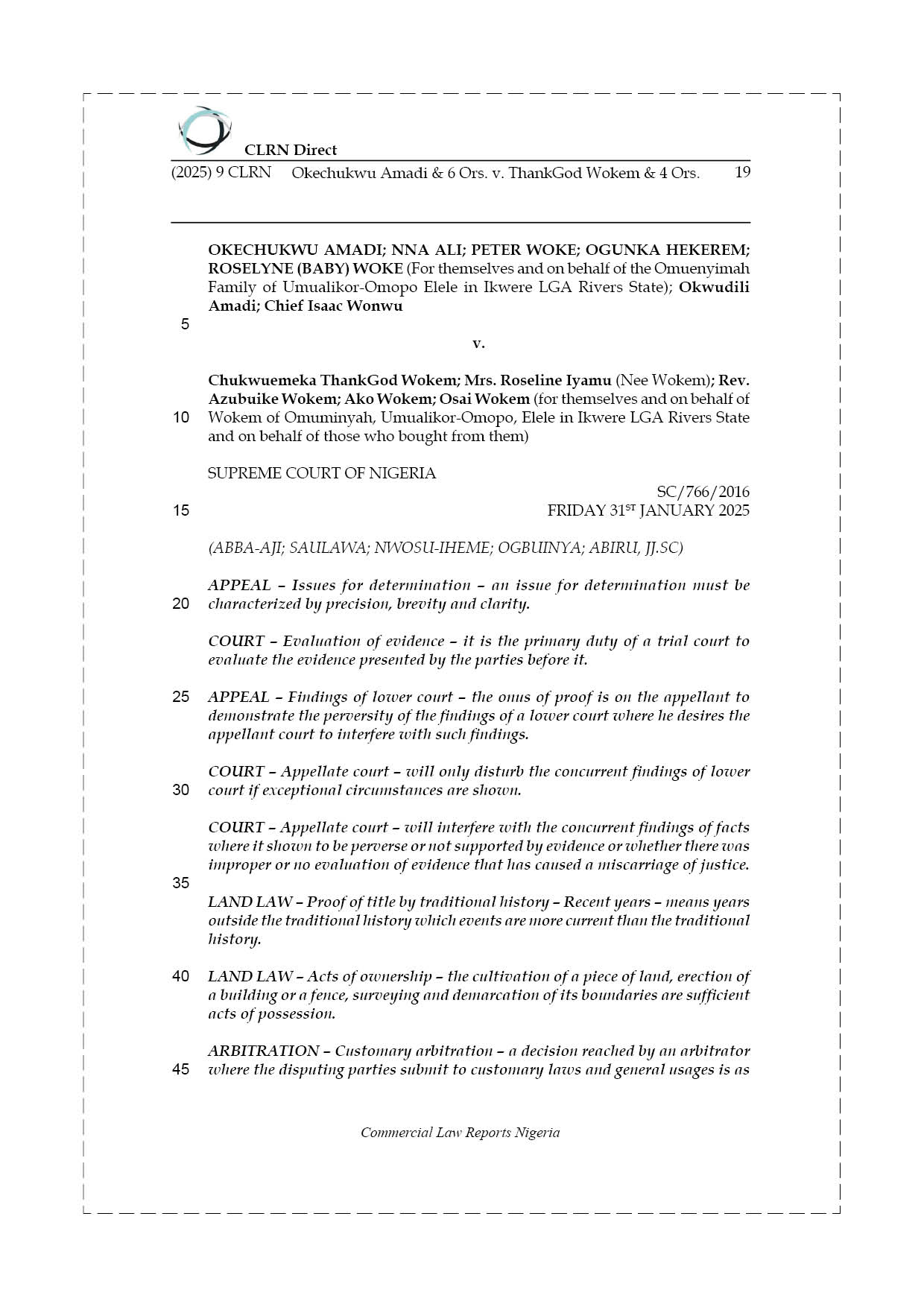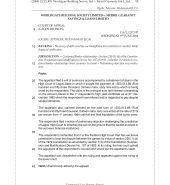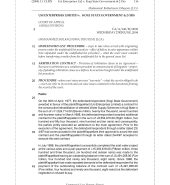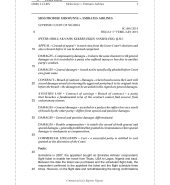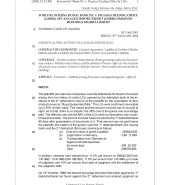OKECHUKWU AMADI & 6 ORS. v. CHUKWUEMEKA WOKEM & 4 ORS.
₦1,000
In Stock
Facts:
The Respondents alleged that they are the children of the late Pa Joseph Basam Wokem of the Umuninyah family of Elele Town, whilst the first to sixth Appellants were farmers and members of the Omuenyimah family of Elele Town, and the eighth Appellant was a businessman. The Respondents stated that the land in dispute was described in the Deed of Conveyance dated 15th June 1964 and was originally the property of Pa Joseph Basam Wokem, who deforested it and granted it to them through the second Respondent. They claimed that, in the exercise of ownership, they farmed the land, planted cash crops and economic trees, and sold portions to various persons, including the site of a filling station, without hindrance.
In 2009, Nyeoha Samuel Hekerem, the eldest of the Appellants’ family, challenged Dr Solomon Enyindah, one of the Respondents’ assignees. The matter was taken before the Elele Council of Chiefs (Oha Omenele Red Cap Chiefs), who, on 17th August 2009, ruled in favour of the Respondents. Despite this, the Appellants allegedly invaded the land, assaulted the Respondents’ workers, seized their tools, destroyed crops and trees, erected structures, and harassed assignees whilst extracting money from them.
The Appellants denied this account. They asserted that the land was their ancestral property, deforested by their progenitor and inherited through generations. They claimed that in the 1950s their elders merely granted Pa Joseph Basam Wokem use of the land for farming. According to them, disputes over his use arose in the 1960s and went to arbitration, which Wokem abandoned. They accepted that the matter was arbitrated again in 2009 but insisted the decision was in their favour. They further denied harassment and stated that the Respondents’ assignees approached them to repurchase the land. Their erection of structures, they argued, demonstrated acts of ownership. At trial, both sides relied on traditional history, which the court found inconclusive. After evaluating oral and documentary evidence, the court gave judgment in favour of the Respondents and dismissed the Appellants’ counterclaim.
Dissatisfied, the Appellant appealed to the Court of Appeal and the Court of Appeal affirmed the judgment of the trial court and dismissed the appeal. Further dissatisfied, the Appellant appealed to the Supreme Court.
